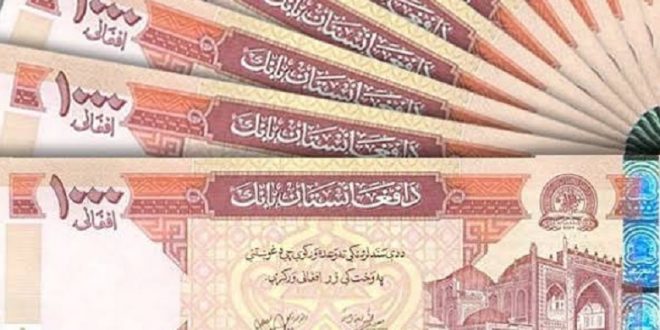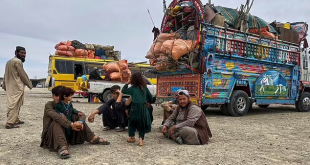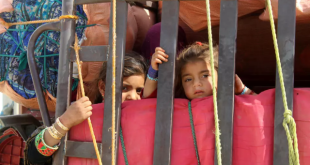AT Monitoring Desk
KABUL: The International Monetary Fund said it would provide immediate debt relief to 25 member nations under its Catastrophe Containment and Relief Trust (CCRT) to provide fiscal space for them to focus more on fighting the coronavirus pandemic.
In a press release, IMF Managing Director Kristalina Georgieva said the fund’s executive board had approved the first batch of countries to receive grants to cover their debt service obligations to the fund for an initial six months.
The first countries that will receive debt service relief from the CCRT are Afghanistan, Benin, Burkina Faso, Central African Republic, Chad, Comoros, the Democratic Republic of Congo, Gambia, Guinea, Guinea-Bissau, Haiti, Liberia, Madagascar, Malawi, Mali, Mozambique, Nepal, Niger, Rwanda, São Tomé and Príncipe, Sierra Leone, Solomon Islands, Tajikistan, Togo and Yemen.
According to Georgieva the CCRT has about $500 million in resources for the debt relief program, including new pledges of $185 million from Britain, $100 million from Japan, and undisclosed amounts from China, the Netherlands and others. The fund wants to raise the amount available to $1.4 billion of which $215 million would be used for grants to the first 25 countries over the next six months, with extensions possible up to two years.
“This provides grants to our poorest and most vulnerable members to cover their IMF debt obligations for an initial phase over the next six months and will help them channel more of their scarce financial resources towards vital emergency medical and other relief efforts,” Georgieva said. She urged other donor countries to donate to the CCRT and boost the IMF’s ability to provide additional debt service relief for a full two years to its poorest member countries.
The IMF in March approved changes that would allow the CCRT to provide up to two years of debt service relief to the fund’s poorest members as they responded to the outbreak of COVID-19, which has swept the globe and left thousands dead and infected nearly 2 million.
Under the changes to the CCRT, countries can request aid even if the outbreak had not yet caused significant impact.
A precursor of the CCRT was used for Haiti after the devastating earthquake that struck the island nation in 2010. Renamed CCRT, it was also used to provide relief to countries affected by the 2014 Ebola outbreak.
 Afghanistan Times
Afghanistan Times




